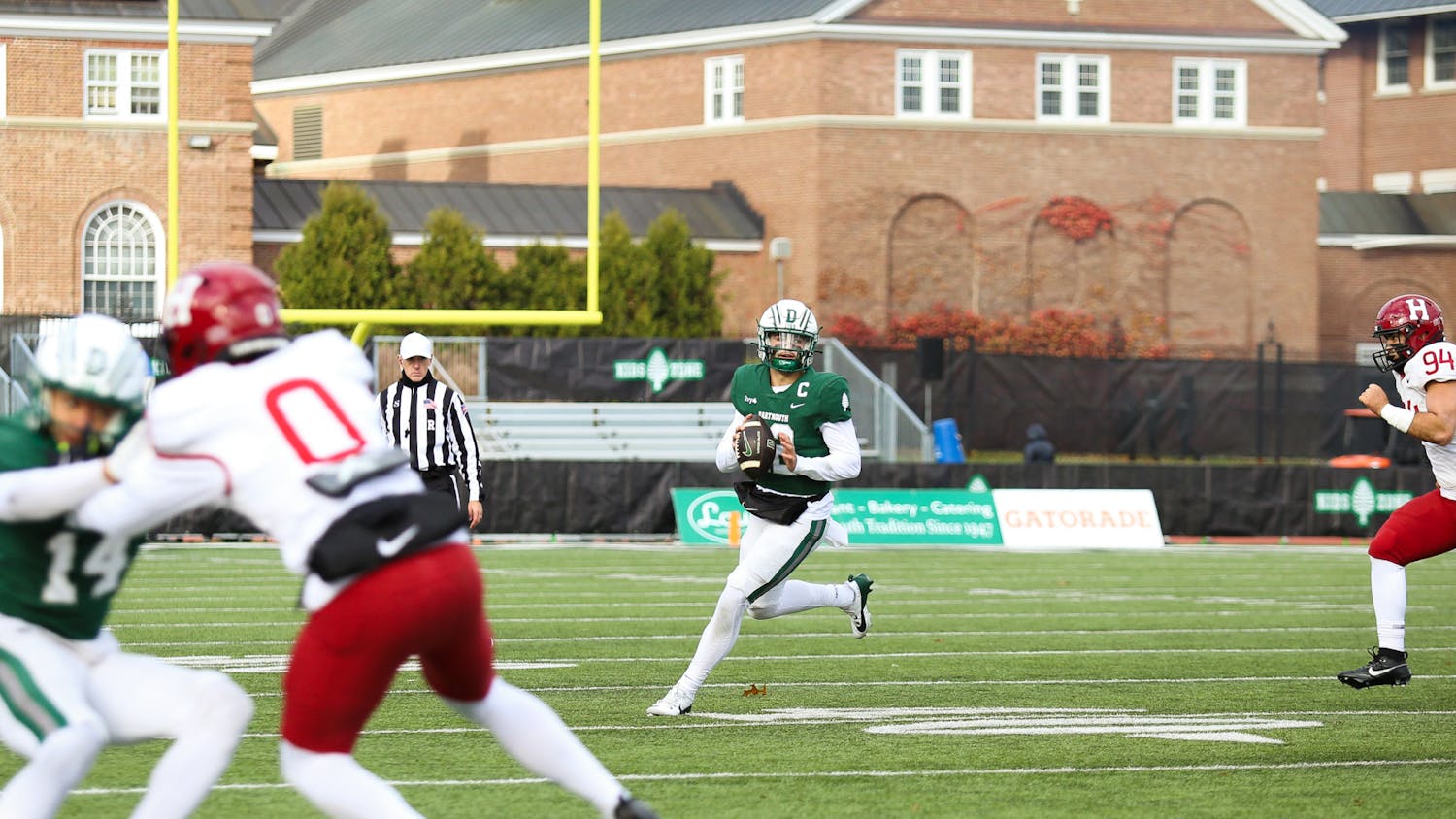Simone Biles has a near-unassailable record as the greatest gymnast of all time. With six Olympic medals (four gold), 25 World Championship medals (19 gold) and various other championships to her name, the hardware that the 24-year-old has stacked up over her career speaks for itself.
Moreover, her dominance shines through in the manner by which she’s earned those accolades. Biles has four skills named after her — in the floor, beam, and vault events — simply because she is the only person alive known to be capable of performing them. Judges have responded to her unprecedented ability by intentionally rewarding points inconsistent with the difficulty of those skills in order to dissuade lesser athletes from even attempting moves of such difficulty.
With that track record, you would be hard-pressed to make a case for any other gymnast as the greatest in the sport, or, honestly, for any athlete to be as individually dominant in their sport as Biles has been.
Still, Biles found herself the target of derision among some Olympics viewers following her decision to pull out of the United States’ team final. After performing one rotation on vault, she left the competition, citing mental health concerns.
During that vault attempt, Biles experienced something she and other gymnasts call the “twisties.” In gymnastics, this refers to a mental phenomenon: A gymnast is suddenly unable to perform a twist they may have done a thousand times before. While in midair, they lose track of the ground, often only finding out where it is when they slam into it. It’s a terrifying possibility, as being only an inch off of your rotation during a gymnastics skill can lead to very serious injury, or even death.
The backlash levied against Biles is based on a fundamental misunderstanding of her decision, what lay behind it and the situation in which she made it.
When people heard the term “mental illness” with regard to her decision, one example brought up often was the story of Kerri Strug, a U.S. gymnast in the 1996 Olympics. After under-rotating on one of her vaults, Strug suffered a third-degree ankle sprain and tendon damage. But she still had to perform one more vault to secure a win over the Russian team. Strug pulled it off, eventually being carried to the medal podium by her teammates to receive their gold medals.
Many of those looking to tear down Biles over the last few days have used Strug’s story as an example of what a true team player looks like — someone fighting through a debilitating injury to perform for their team. Those commenters, however, are willfully ignoring the reality of Biles’s situation.
Biles intended her first and only vault attempt to be an Amanar, one of the most difficult vaults in gymnastics and one containing two and a half twists. As viewers saw, she lost her bearings in the air, completed only one and a half twists, landed (albeit shakily), and ended up putting up the lowest vault score on the U.S. team before recusing herself from the following events. The United States, thanks to some big-time performances from the other gymnasts, still secured a silver medal in the team competition.
If Biles had continued to perform on the level that she did on that first vault, to say nothing of the risk of injury she would have been taking on, it is likely that the U.S. team would have finished worse than second place. Even the G.O.A.T. is permitted an off day now and again, and Biles made the right decision for herself and her team, even though she must have fully understood the type of public backlash she would receive.
Since that event, Biles also pulled out of the all-around competition, leaving the gold in that event up for grabs for the first time in almost a decade. U.S. gymnast Suni Lee, who also filled in admirably for Biles during the team competition, showed her mettle and grace under pressure in this event as well, nabbing the gold for the United States in Biles’s absence. It is still unknown whether Biles will compete in the individual events in a week.
Whether or not she does, though, Simone Biles has nothing left to prove. Based exclusively on her accolades and visible ability, she is the greatest gymnast of all time. And still, that is only half of the story.
This is the same woman who competed at the highest level for the United States while battling broken toes in both feet (at Nationals) and kidney stones (at Worlds), both in 2018. The same woman who revealed in 2016, after her medical records were leaked on the Internet, that she competed on Ritalin to combat her ADHD. The same woman who was sexually assaulted by former U.S. team physician Larry Nasser, betrayed by USA Gymnastics as the organization attempted to cover it up and has since taken on the weighty responsibility of being a public face for activism against sexual assault.
Nobody, in good faith, can question Biles’s competitive drive or commitment to gymnastics. To work through the pain and adversity that she has suffered in her career and still amass her all-time-great record is nothing short of remarkable. The fortitude it took to make a difficult decision for the benefit of herself as well as her team is similarly impressive, and takes absolutely nothing away from an athlete who owed nothing to anybody anyway. Biles was the G.O.A.T. before these Olympics, and no matter what happens next, she will remain so for the foreseeable future.




